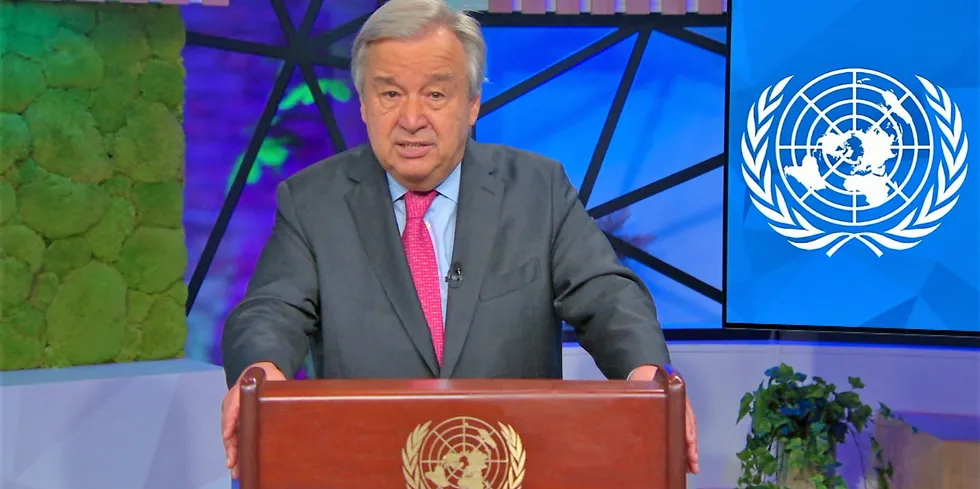UN chief scopes plan to speed global energy transition away from 'dead end' fossil fuels
Five-point plan to create energy security, stable power prices and sustainable employment growth would be 'peace project of the 21st century', says secretary-general António Guterres
